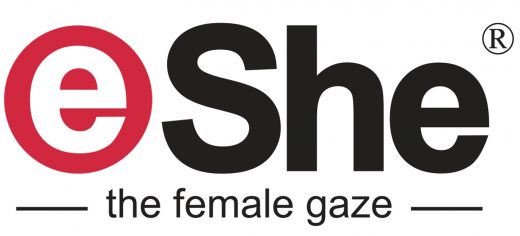Manjula grew up in an impoverished family in the urban slums of Mangalore, and had to work as a waste-picker to support her family even as a child. Married young, she continued to face hardship in her marital home and had her first child at just 16. But she was hard-working and kept an eye out for opportunities. That’s how she came across Plastics for Change (PFC) and joined their ranks first as a salesperson and then a waste-segregator.
Later, when global beauty giant The Body Shop joined hands with PFC and launched their grassroots initiative Project NARI (Nutrition-Ability-Retraining-Inclusion) together, Manjula, now mother to a 14-year-old daughter, was one of the beneficiaries and was promoted to the role of a QA/QC engineer. “I earn much more than before,” says the 30-year-old, adding that her next goal is to learn driving.
India’s 1.5 million waste pickers collect over 6,000 tonnes of plastic every day but most of these workers do not have protective equipment, financial stability or access to healthcare. Of these, female waste-pickers bear the further burden of gender inequity, caste oppression and the social exclusion of their profession.
To address these issues and to formalize the informal plastics waste recycling sector, PFC was set up to provide a holistic intervention program for waste workers while also catalyzing the industry to make a profitable transition towards to use of recycled plastic.
Founded by social entrepreneur Andrew Almack – who has worked in the slums of South America, India and Indonesia since 2011 to strengthen the informal recycling economy – the organization is focused on using technology to create ethical recycling supply chains for the urban poor in developing regions.
PFC’s India Foundation was set up in September 2019 and soon got The Body Shop on board to source recycled plastics from them for their product containers, while also contributing towards their development schemes for waste-workers.
But the Covid pandemic has heightened their woes. On one hand, prices offered for recycling plastic waste have collapsed, leading to economic distress. On the other hand, they are highly vulnerable to contracting Covid themselves as they come in direct contact with contaminated or unsegregated waste from residences, hospitals and other establishments, including disposable masks, gloves and PPEs thrown away by medical workers.
To address these issues, The Body Shop and PFC launched Project NARI for female waste-pickers in Bengaluru, Karnataka, with the aim to positively impact their financial, health and family’s well-being in the long-term.
The fundraiser invites voluntary customer donations of INR 20, and for every donation, the Body Shop will donate an equivalent amount for this cause. The company aims to create awareness and raise upto INR 5 million over the next 6 months towards the ‘Nutrition, Ability, Retraining and Inclusion’ needs of female waste-pickers.
Through this initiative, they will be providing robust PPE kits (N-95 masks, caps, face shields, gumboots and gloves), access to safe nutrition, healthcare awareness and training and development of female waste-pickers to make them plastic quality engineers. The program also includes access to banking systems and cash incentives.

This recycled plastic will make its way to The Body Shop’s manufacturing facilities worldwide for use in their shampoo and conditioner containers. The beauty brand, owned by Brazil-based global personal care group Natura & Co, operates about 3200 retail locations in more than 72 countries, with 200 stores across India alone.
Announcing the initiative over a virtual press conference, Shriti Malhotra, CEO, The Body Shop India, explained, “This year, as we are all hit by the severity of Covid pandemic, we realise how much we owe to these frontline warriors in keeping us safe at great risk to themselves. As we approach this festive season, we want to make a real difference to this community and celebrate the essential nature of the work they do to keep us all safe and healthy.”
As part of the gender-inclusion measures of this program, PFC is specifically hiring female waste-pickers and retraining them through a three-month course to take up plastic quality engineering roles. “When women are healthy and empowered, their families and communities automatically thrive,” said Shifrah Jacobs, chief impact officer at PFC.
In order to promote behavioural change towards savings, traceability and transparency, the project also offers cash incentivization of Re 1 for every 1 kg of plastic traded with PFC-verified scrap shops deposited directly into the bank accounts of the female waste-picker. “This campaign will have a sustained impact towards their safety and financial security,” added Shifrah.

Besides cash and training incentives, the project also includes distribution of a daily meal as well as daily protein and vitamin supplements to female waste-pickers (including pregnant/lactating) and their children.






Wonderful initiative.
LikeLike